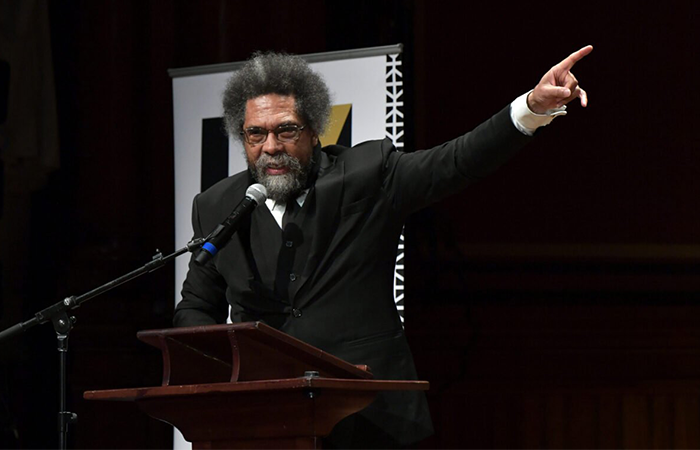When the ice cream company Ben & Jerry’s announced it would no longer sell its products in the occupied Palestinian territories, its decision was strongly condemned by leading Israeli politicians, who hastily assembled a task force with the aim of forcing the company to change its decision (Mondoweiss, 2021).
For Ramzy Baroud, it was actually the clarity of the company’s moral motivation that set it apart from previous examples of divestment. The company’s founders, Bennett Cohen and Jerry Greenfield, nonetheless provide further clarification in an opinion piece in The New York Times, in which they state they “…unequivocally support the decision of the company to end business in the occupied territories, which a majority of the international community, including the United Nations, has deemed an illegal occupation”.
They describe themselves as “proud Jews” who are “supporters of the State of Israel”, and claim they take great pride in the fact that Israel was one of their first overseas markets. They observe that support for Israel does not prevent them from criticizing specific policies, and note they take exactly the same position on the U.S government. They reject allegations of anti-Semitism that have been thrown at the company and argue that its position will instead “advanc[e] the concepts of justice and human rights, [which are] core tenets of Judaism.” Their position is however more cautious than the one that the company’s board of directors initially wanted to adopt: had Unilever, the parent company, not intervened, a wholesale boycott of Israel would have been on the cards.




